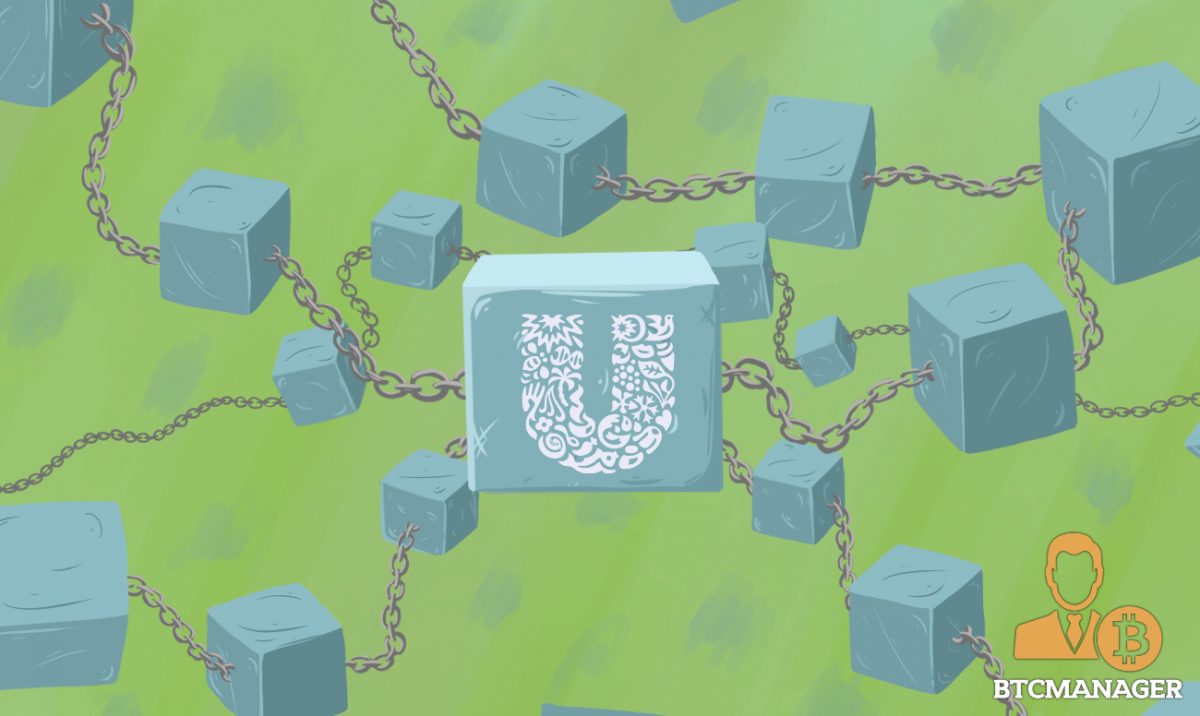Unilever Implements Blockchain For Cleaner Product Sourcing

Over the summer, several food companies and retailers like Walmart and Nestle were joined by tech company IBM to form a consortium focused on leveraging blockchain technology that would help them better obtain information on the origin and state of food.
While little details have been made known to the public regarding this consortium, it hasn’t stopped Unilever from making headway on a yearlong project using the blockchain to manage transactions within their tea supply chain. Unilever looks to use this system for tea of course, but in the second half of the year, extend the projects reach into other areas besides tea.
This project was announced at One Planet Summit, and alongside Sainsbury, the second largest supermarket chain in Britain, packaging company Sappi, as well as BNP Paribas, Barclays, and Standard Chartered, and several tech startups will develop a system used in Malawi.
The system would be responsible for tracking and verifying contracts for farmers in the poverty-stricken African country. With tea being the second largest export in the country, and the United Kingdom being the largest customer for the product, this could be a huge boon for the country’s economy and the farmers within it.
This blockchain effort has the possibility to impact up to 10,000 farmers, with the focus on sustainable farming. Farmers who use eco-friendly methods that increase harvest without harming the land will be given preferential pricing.
Banks have been interested in financing farms for a long time, but it has always been difficult to validate farmers who truly committed to these methods and just the ones who wanted to make a quick buck.
The project has $700,000 in funding from public and private sources, including UK’s Department for International Development and will be used to not only track the origins of some tea supplies used by Unilever and Sainsbury but also to track the sustainable wood fibers in for certain Sappi package used for products.
“This innovative new technology will help us increase sustainable sourcing, enhance the livelihoods of the smallholder farmers we work with around the world, and help to make sustainable agriculture mainstream,” said Keith Weed, chief marketing officer and head of sustainable business for Unilever, in a statement.
Unilever aims to source all of its raw agricultural products sustainably and has already reached the 60 percent mark. With a project like this, sourcing the last 40 percent shouldn’t prove to be too difficult.













